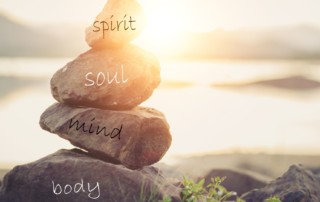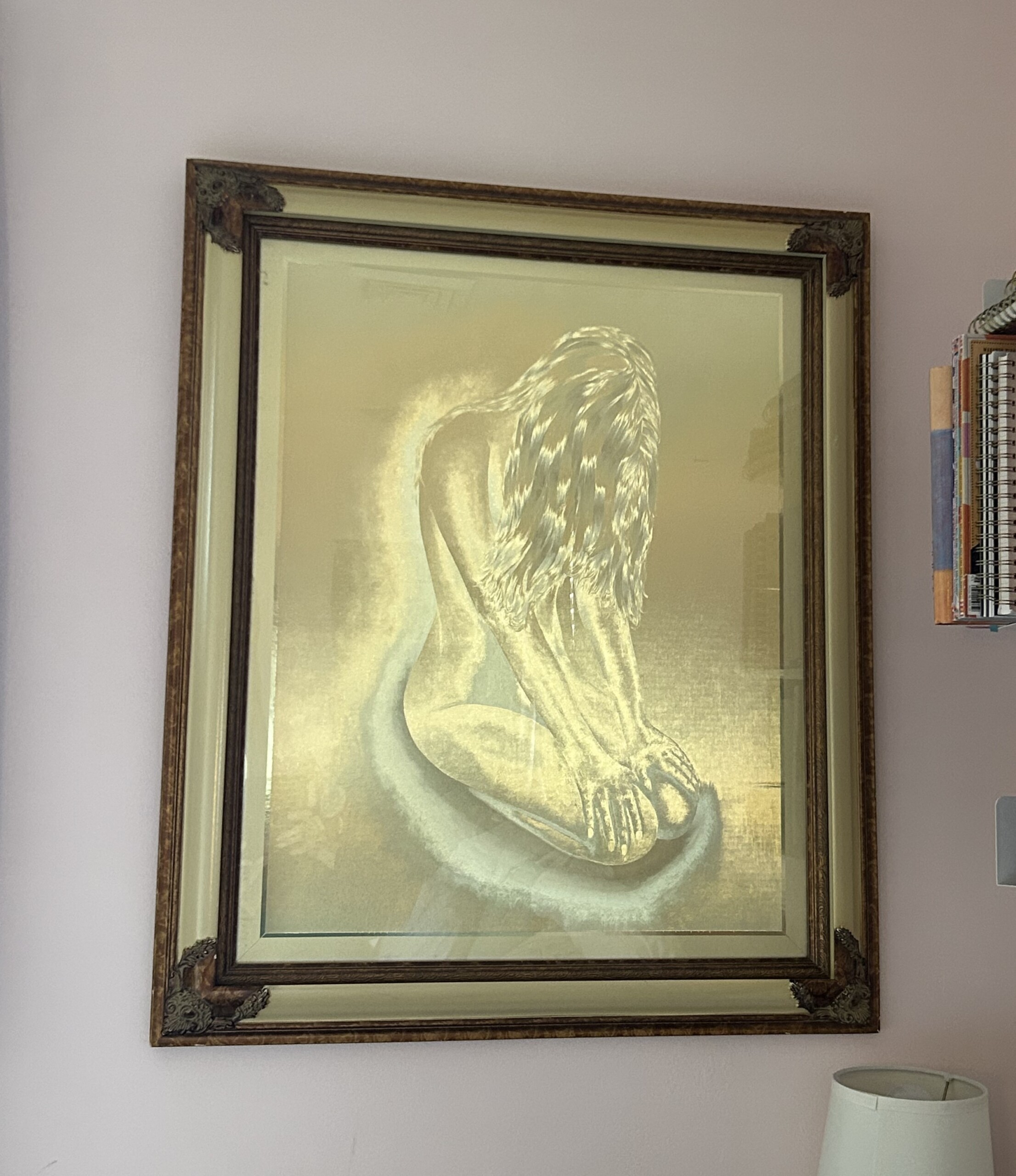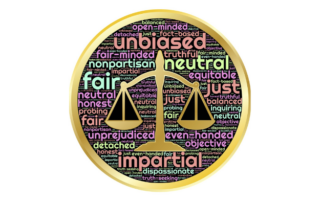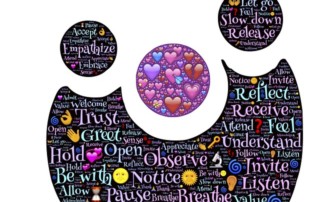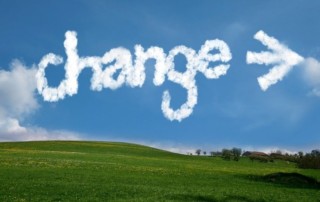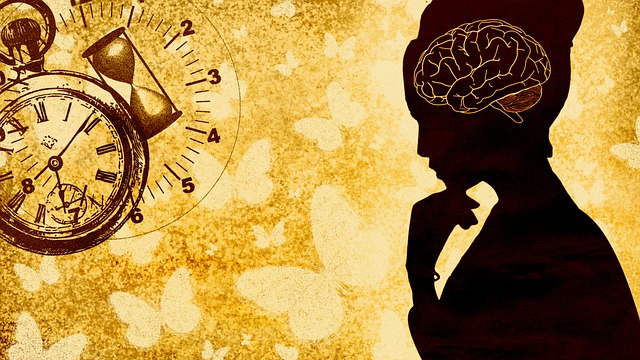Mental Health + DEEP Self-Care
Not gonna lie- I’ve been struggling to find something “uplifting” to share. I see ICE abductions from men in plain clothes, who refuse to identify themselves, who drive unmarked vehicles, and who are using what I consider to be unnecessary force in these abductions. Many of these human beings being abducted are in the process of becoming U.S. citizens and I cannot get the poem, “First They Came“ out of my mind.
The reality is, I’m sad and angry. So, I must focus even more intently on my well-being and self-care.
Because here’s what I know: If we want to have capacity to help others, our self-care is critical. Having capacity (and tolerance) for others requires us to take excellent care of ourselves. It’s not indulgent. It’s necessary.
Below are a few things I’ve streamed that I found helpful. Some gave me hope; some reminded me to take better care of myself; and others reminded me to stand up for what is moral, ethical, and humane – even if I’m scared.
- Now through June 30th, 2025, PBS is streaming the play, Next to Normal, for free. This is a play that was done on London’s West End. It focuses on mental health, grief, and depicts the impact of grief that’s not addressed.
- This talk left me feeling hopeful and inspired: Barack Obama on June 17th, 2025 at The Connecticut Forum in Hartford, CT. (68 mins long and worth every second of your time!)
- Here’s a music video of a song I LOVE – The Line – by Twenty One Pilots. This reminds me that all of our bodies are on the line right now.
- This YouTube channel – The Enemies Project – by renowned Peacemaker, Larry Rosen, helps enemies find the human in each other. ♥
- Lastly, this music video – Take Me To Church – by Hozier is a difficult reminder that history is once again repeating itself. Reminds me of the quote that Injustice anywhere is a threat to justice everywhere (MLK).
While there’s an intense amount of fear, sadness, pain, and hate being shown across the medias, there’s also equal amounts of hope, joy, celebration, and love that is countering. I’m not giving up. And in fact, I’m anchoring more deeply to what’s important, each and every day.
Before you leave, click on one (or all) of the links above and let yourself be moved. Whatever you choose, start with you. Let your choices nourish you. Maybe you want to create your own backyard haven, or your in-home sanctuary, or simply hug your family a little tighter. Focus on what matters to you.
Take a breath. Then take the action that creates the world YOU want to live in – one heart, mind, and home at a time.
PS – Want to get in touch? Just reply here. ♥♥
In peace and love,


